Introduction to Lead Generation for Advertising Agencies
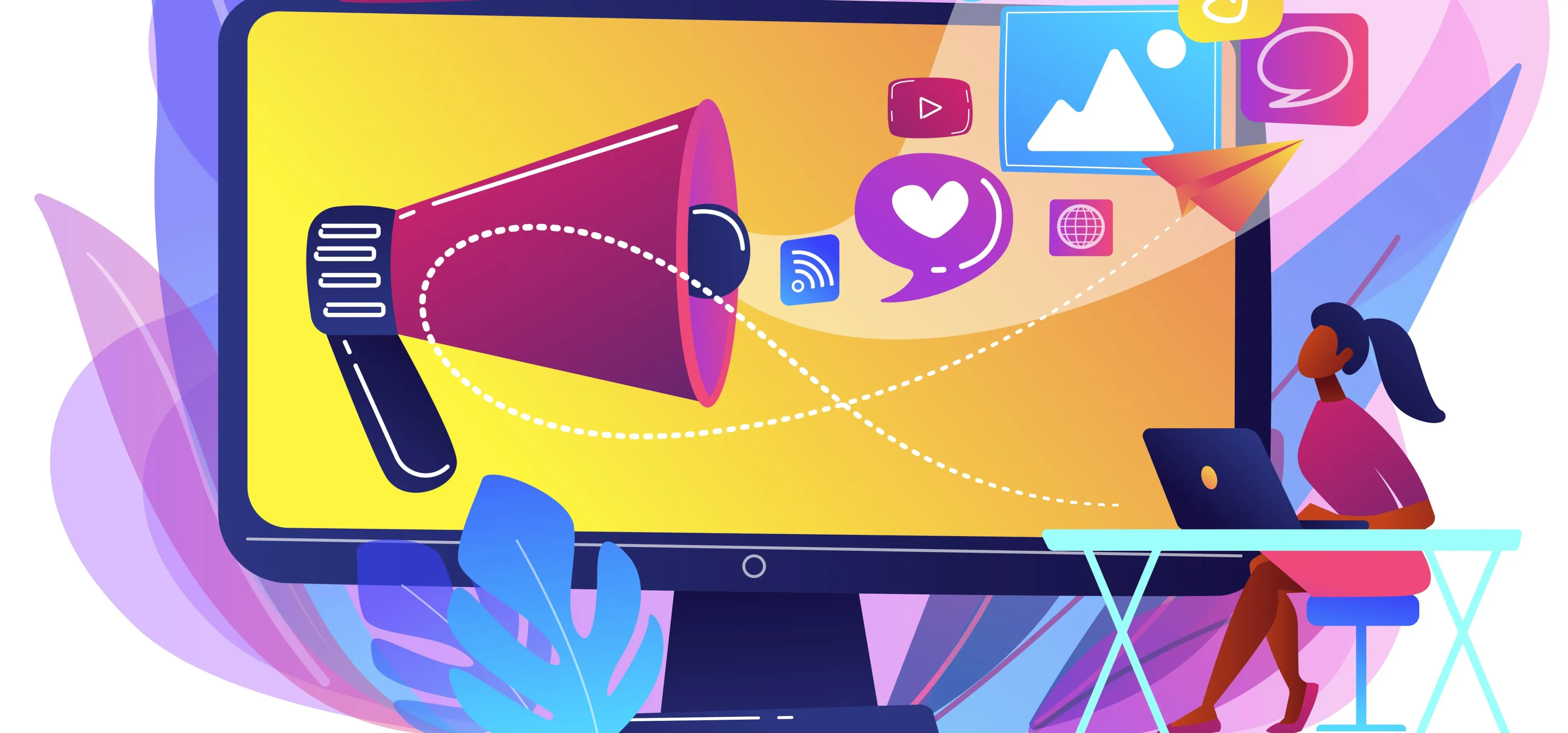
Lead generation for advertising agencies refers to the process of identifying and attracting potential clients for their services.
It involves strategies and techniques to capture the interest of businesses or individuals who could benefit from the agency's advertising expertise, with the goal of converting them into clients.
This includes using digital marketing, content creation, SEO, and targeted campaigns to generate qualified leads and build a client base.
Effective lead generation in the advertising world involves several key components:
Digital Marketing Leads: Utilizing digital channels to generate leads. This includes online advertising, social media marketing, and email marketing campaigns.
Content Marketing: Developing informative and engaging content that attracts and retains an audience, thereby generating leads.
Lead Generation Software: Employing specialized software to automate and streamline the lead generation process.
Qualified Leads: Focusing on leads that meet certain criteria and are more likely to convert into clients.
Sales Team Involvement: Ensuring that the sales team is actively involved in the lead generation process, using their insights to qualify and nurture leads.
Why Lead Generation is Important for Advertising Agencies
In a market saturated with choices, the ability to not only capture the attention of potential clients but to convert this attention into engagement is what sets successful agencies apart.
Here are some reasons why lead generation is indispensable for advertising agencies:
Building a Robust Sales Pipeline
Lead generation is the first step in creating a pipeline of potential clients. It helps agencies move beyond reliance on a limited client base, enabling them to continually reach new markets and demographics.
Establishing Authority and Trust
By providing value through informative content or insightful marketing campaigns, agencies can establish themselves as authorities in their field. This trust-building is a crucial component of lead generation.
Tailored Marketing Efforts
Understanding the needs and behaviors of your target audience allows for more personalized and effective marketing strategies. This leads to higher engagement and conversion rates.
Data-Driven Decisions
Utilizing lead generation tools and techniques provides valuable data. This data can inform marketing strategies, client communications, and service offerings, making them more aligned with client needs and market demands.
Long-Term Client Relationships
Effective lead generation is not just about acquiring new clients; it's about finding the right clients. This leads to longer, more fruitful client relationships.
Effective Lead Generation Strategies for Advertising Agencies
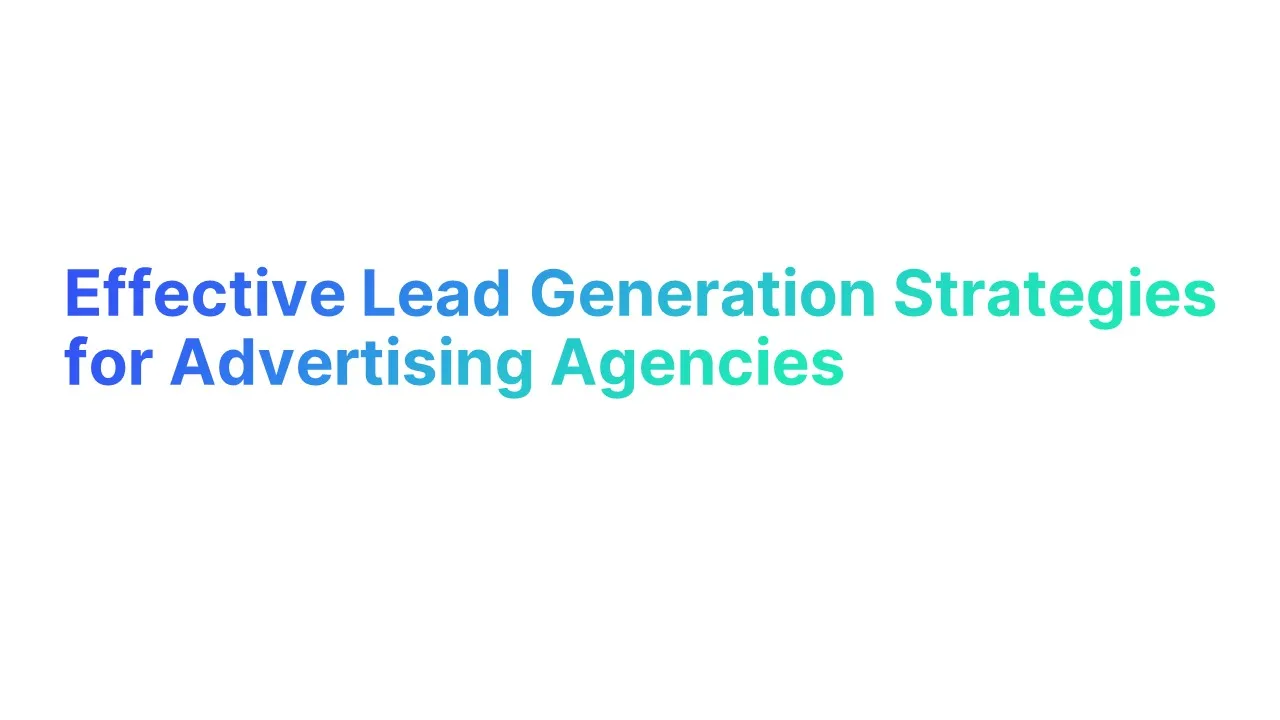
Lead Generation Strategies
These are the strategies that can improve lead generation and directly impact the growth and success of advertising agencies
1. Use Digital Marketing for Lead Generation

Digital marketing is central to lead generation. It encompasses several strategies that are crucial for agencies:
SEO (Search Engine Optimization): Optimizing your website and content to rank higher in search engine results, targeting keywords related to lead generation for advertising agencies.
Social Media Marketing: Utilizing platforms like Facebook, LinkedIn, and Instagram. This involves creating engaging content and leveraging Facebook lead ads to attract potential clients.
Email Marketing: Building email campaigns, a significant component of lead generation efforts, to nurture leads. This includes drip campaigns and email marketing software to automate the process.
2. Use Content Marketing to Build Authority and Trust
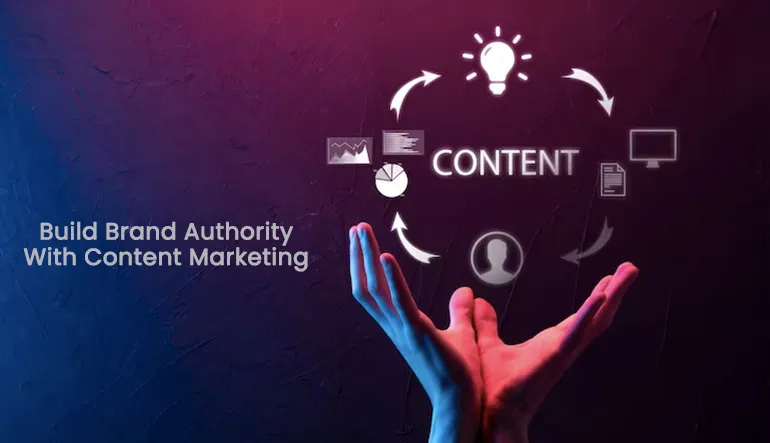
Content marketing is a powerful tool for lead-generation agencies. It helps establish your agency as a thought leader:
Blog Posts and Articles: Writing insightful articles on topics like lead generation strategies and digital marketing strategies attracts a targeted audience.
Infographics and Videos: These tools can simplify complex topics like b2b lead generation or lead generation techniques, making the information more accessible.
Case Studies: Showcasing successful lead generation campaigns and highlighting the best lead generation companies can validate your expertise.
3. Use Lead Generation Software and Tools
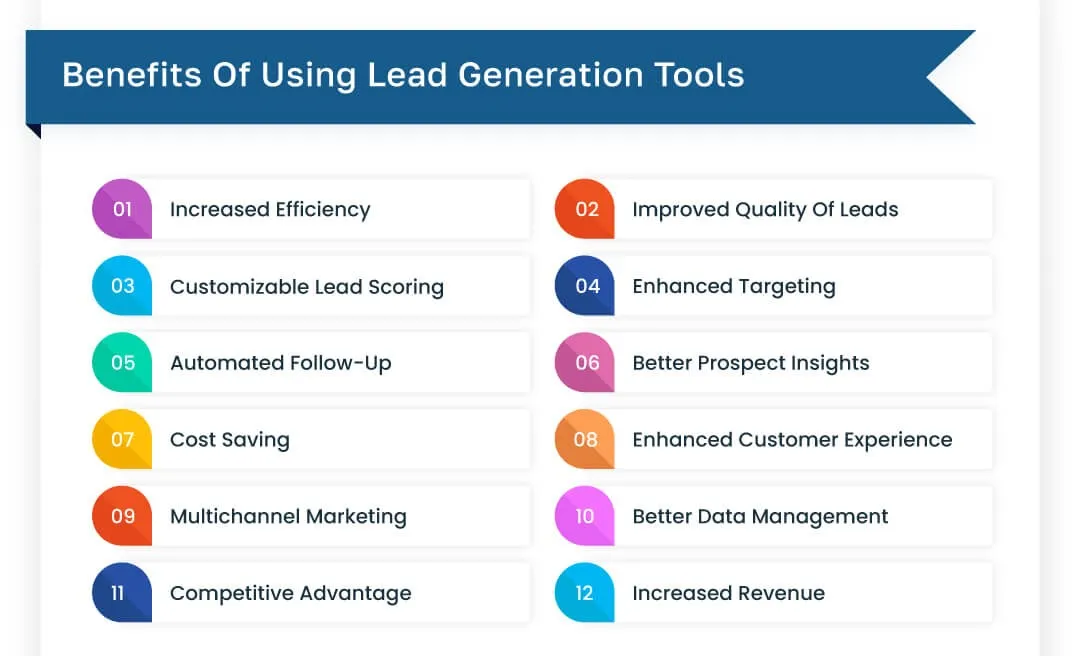
Leveraging technology is key in modern lead generation. Various software solutions can automate and optimize the process:
CRM Systems: Help in managing leads generated and nurturing qualified leads.
Analytics Tools: Assist in understanding digital marketing leads and qualified leads better, enabling more targeted strategies.
4. Make a Targeted Lead Generation Strategy

Developing a targeted strategy is essential for effective lead generation:
Identifying Target Audience: Knowing your potential customers and potential clients allows for more personalized marketing.
Personalized Campaigns: Tailoring your approach to meet the specific needs of your target audience, enhancing the chances of converting potential leads into clients.
5. Focus on Qualified Leads

Focusing on qualified leads ensures that your efforts are directed towards prospects with a higher likelihood of conversion
Lead Scoring: This technique ranks leads based on their potential value, focusing on those that are most likely to convert.
Lead Nurturing: Involves engaging with leads through various stages, using tactics like nurture leads and nurturing process to develop them into clients.
6. Implement Lead Generation Forms
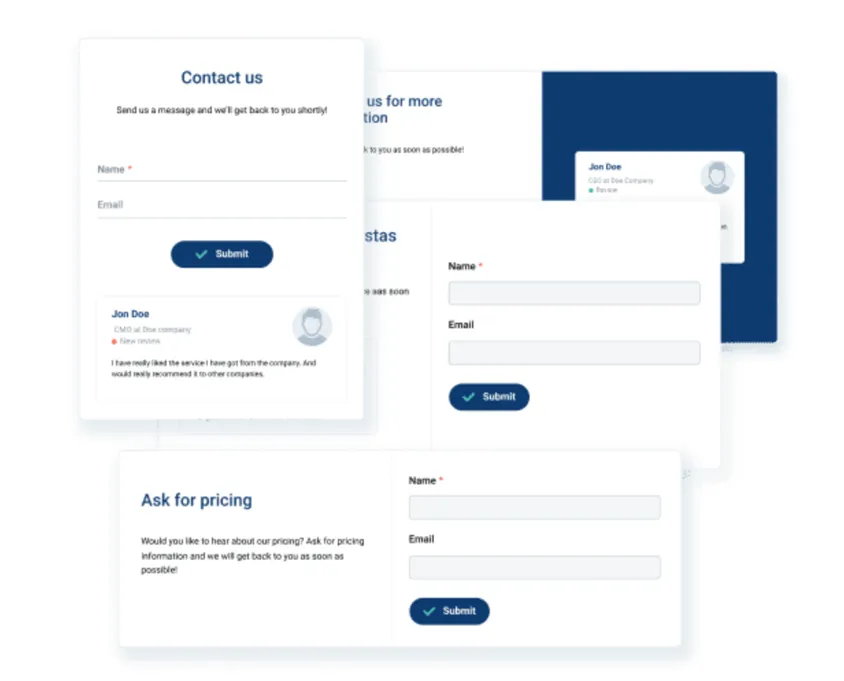
Utilizing lead generation forms effectively captures essential information from potential clients
Website Placement: Strategically placing forms on high-traffic pages like homepages, blogs, and service pages.
Customization: Tailoring form fields to collect relevant information, such as contact details and specific interests in services like digital marketing strategies or lead generation tools.
Follow-Up Strategy: Developing a quick and effective follow-up process to engage leads as soon as they submit their information.
7. Networking and Partnerships

Forming partnerships and networking with other agencies and businesses can open new lead-generation avenues.
Collaborations with Marketing Agencies: Partnering with digital marketing agencies and marketing agencies can lead to referrals and shared insights on lead generation techniques and content marketing.
Industry Events: Participating in networking events and conferences to connect with potential clients and other agencies, discussing topics like lead generation marketing and b2b lead generation
Joint Ventures: Engaging in joint projects or campaigns, combining resources and expertise for more effective lead-generation efforts leads to more leads.
8. Utilizing Retargeting Campaigns
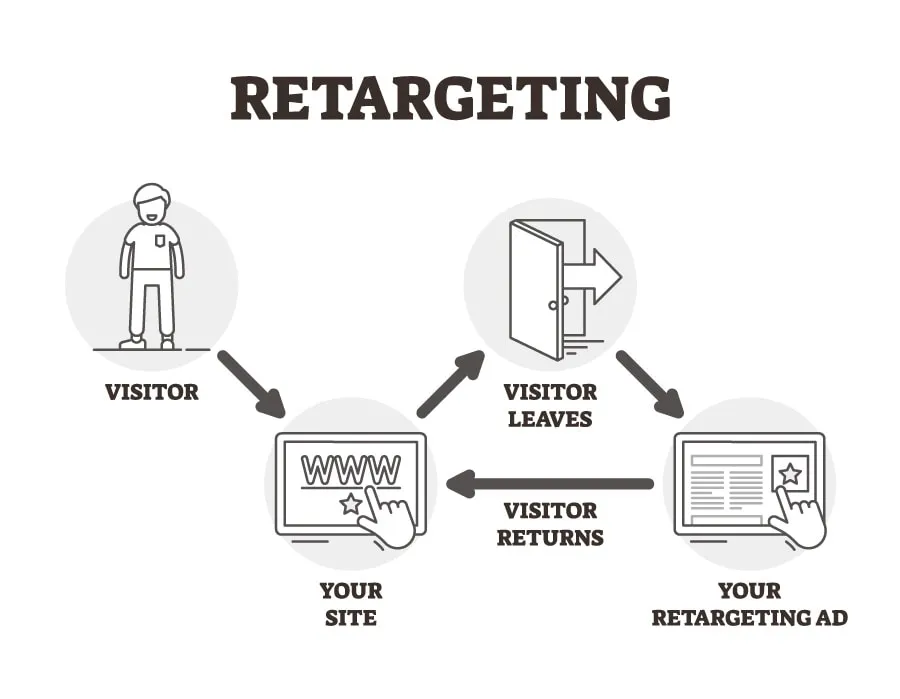
Retargeting campaigns are essential for re-engaging interested but non-converted leads.
Targeted Ads: Creating ads that specifically address the interests and needs previously shown by potential clients, such as search engine optimization or email marketing strategies.
Personalization: Customizing messaging based on the user’s interaction with your services or website, enhancing the relevance and effectiveness of the campaign.
Conversion Focus: Designing retargeting campaigns with the aim of converting leads into clients by addressing their specific needs and barriers to conversion.
How to Balance Lead Generation Campaigns and Lead Quality
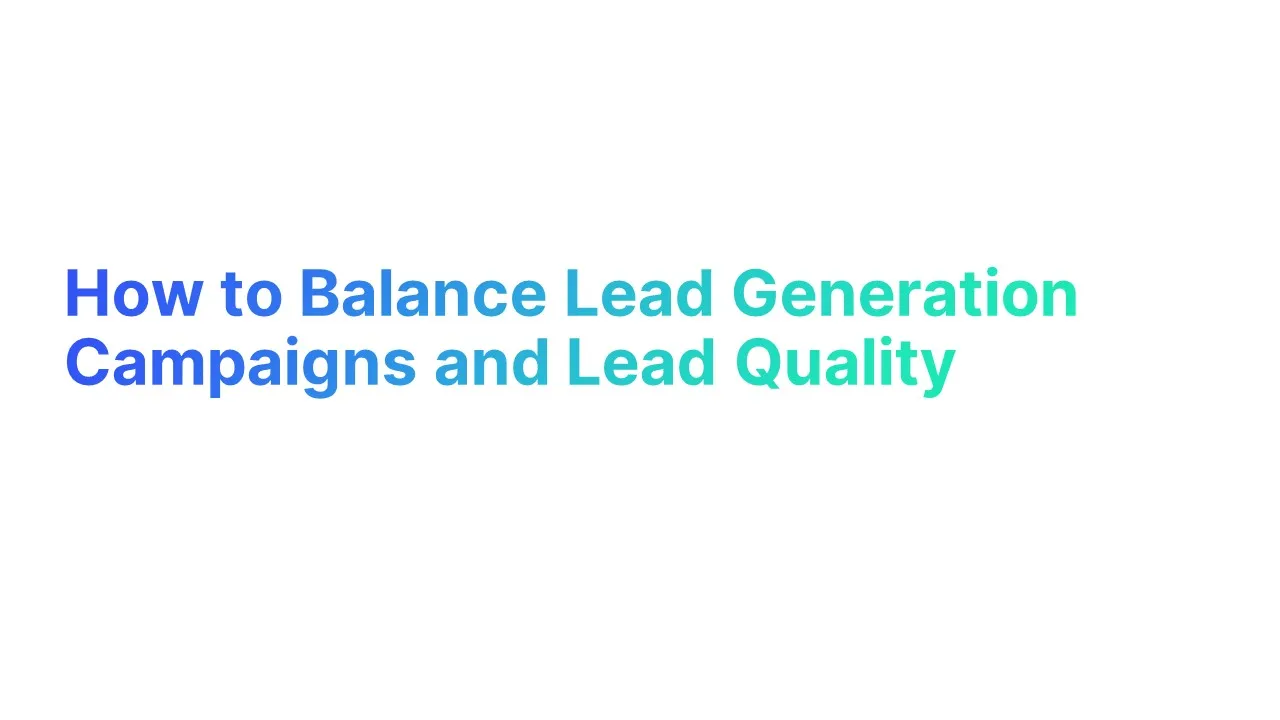
Balancing lead generation campaigns and lead quality means creating a strategy that not only attracts a large number of potential clients (campaign volume) but also ensures that these prospects are genuinely interested and likely to become customers (lead quality).
This balance is crucial for efficient resource use and achieving a higher return on investment in marketing efforts.
Steps to balance lead generation campaigns and lead quality:
1. Target Audience Identification
It's crucial to know who you're targeting in your lead generation campaigns.
For advertising agencies, this means pinpointing businesses that can truly benefit from your services. This targeted approach not only enhances the likelihood of securing high quality leads but also aligns better with your agency’s strengths.
2. Personalized Campaign Development
Once your target market is clear, the next step is to tailor your campaigns.
This involves creating content and strategies that resonate with your specific audience, like focusing on digital marketing agencies or lead generation companies.
Personalization is key in engaging and converting potential customers into qualified leads.
3. Use of Lead Generation Tools and Software
Technology is a great ally in lead generation. Utilizing tools and software designed for this purpose can help in managing and nurturing leads more effectively.
These tools also offer insights and data, assisting in refining strategies to attract more qualified leads.
4. Campaign Effectiveness Analysis
Constant evaluation of your campaign's performance is essential. Look at conversion rates and the quality of leads generated.
This data can guide you in understanding which strategies are effective and which areas might need more focus, like targeting marketing agencies or adjusting digital marketing strategies.
5. Continuous Strategy Improvement
Lead generation is a dynamic process. Stay adaptable and regularly update your strategies based on current market trends and feedback.
Keep up with new digital marketing strategies and lead generation tactics to ensure your approach stays relevant.
Tools for Generating Leads Effectively
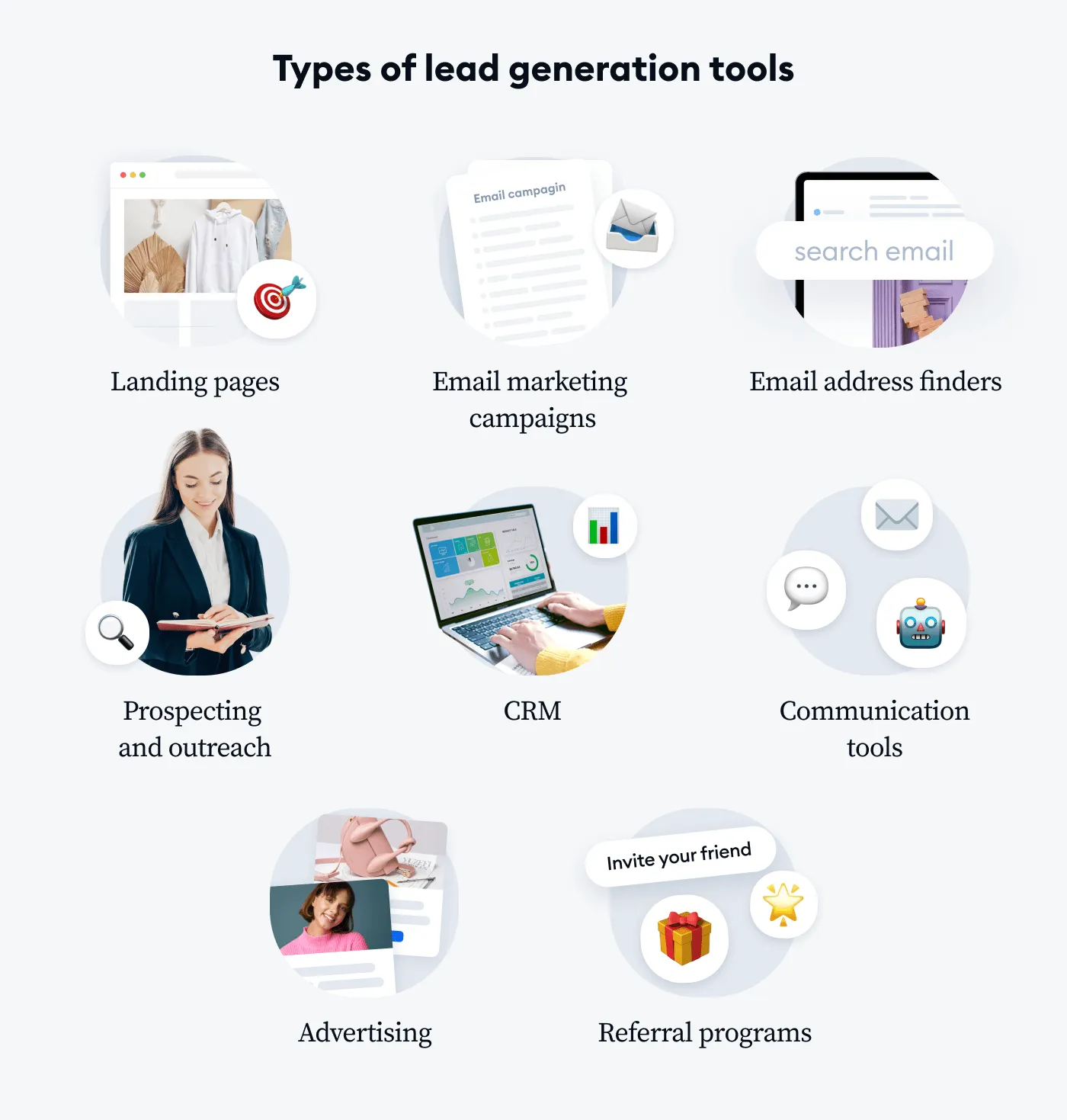
For advertising agencies, choosing the right lead generation software is crucial.
It’s not just about having a tool, but about having one that provides valuable data and integrates seamlessly into your lead generation strategies.
Consider a software that not only tracks your leads but also gives insights into their behavior and preferences
The right Tools and Software are:
1. CRM Software (Salesforce, HubSpot)
CRM tools are essential for managing and analyzing customer interactions and data.
They help in tracking the sales pipeline, managing contacts, and understanding customer behavior, which is crucial for generating qualified leads.
2. Marketing Automation Tools (Marketo, Pardot)
These tools automate repetitive tasks such as email marketing, social media posting, and ad campaigns. They are particularly useful in B2B lead generation, helping to streamline the lead nurturing process.
3. Email Marketing Platforms (Mailchimp, Constant Contact)
Email marketing remains a powerful tool for direct communication with potential clients.
These platforms allow for targeted campaigns, segmentation of leads, and analysis of email performance, contributing to more effective lead generation efforts.
4. SEO Tools (SEMrush, Moz)
SEO tools are crucial for improving online visibility. They provide insights into keywords, backlinks, and competitor analysis, helping advertising agencies optimize their websites for search engines and attract more high-quality leads.
5. Social Media Management Tools (Hootsuite, Buffer)
These tools help manage and schedule posts across various social media platforms.
They are vital for engaging with the target audience, increasing brand awareness, and generating leads through social media marketing.
6. Content Management Systems (WordPress, Joomla)
A CMS is key for maintaining an up-to-date, SEO-friendly website. It's important for agencies to regularly publish quality content to attract and engage potential customers, aiding in lead generation.
7. Analytics Tools (Google Analytics, Adobe Analytics)
Understanding website traffic and user behavior is crucial for optimizing lead generation strategies. Analytics tools provide data that can be used to refine marketing efforts and increase lead conversion rates.
8. Landing Page Builders (Leadpages, Unbounce)
These tools are essential for creating optimized landing pages that convert visitors into leads. They offer customizable templates and A/B testing capabilities to maximize lead generation effectiveness.
9. Ad Management Tools (Google Ads, Facebook Ads Manager)
These platforms are critical for managing online ad campaigns. They allow agencies to target specific audiences, track ad performance, and optimize campaigns for better lead-generation results.
10. Accounting Software (Sage)
Dedicated accounting software for marketing agencies helps agencies track budgets, manage campaign expenses, and streamline financial reporting. It ensures projects remain profitable and lead-generation efforts are financially efficient.
Understanding Lead Magnets for Lead Generation
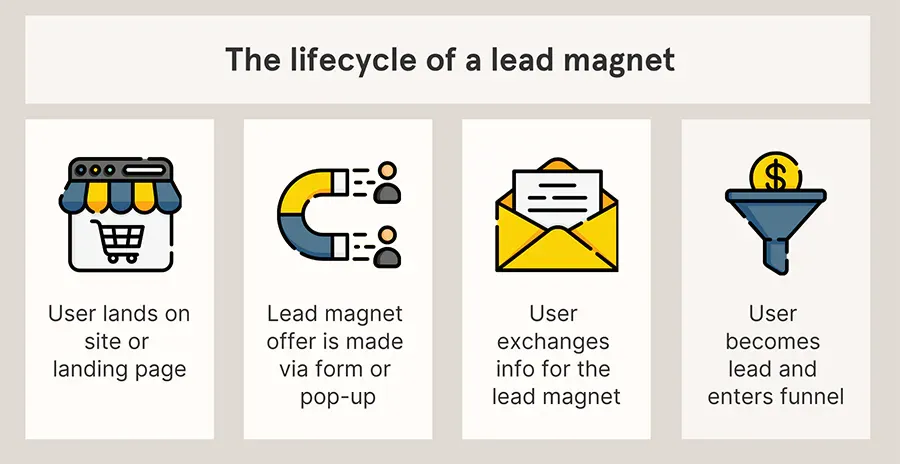
A lead magnet, essentially, is an offering (like an ebook, webinar, or trial service) provided in exchange for potential customers' contact information. The objective is to generate qualified leads by offering something of value
How to Design Lead Magnets
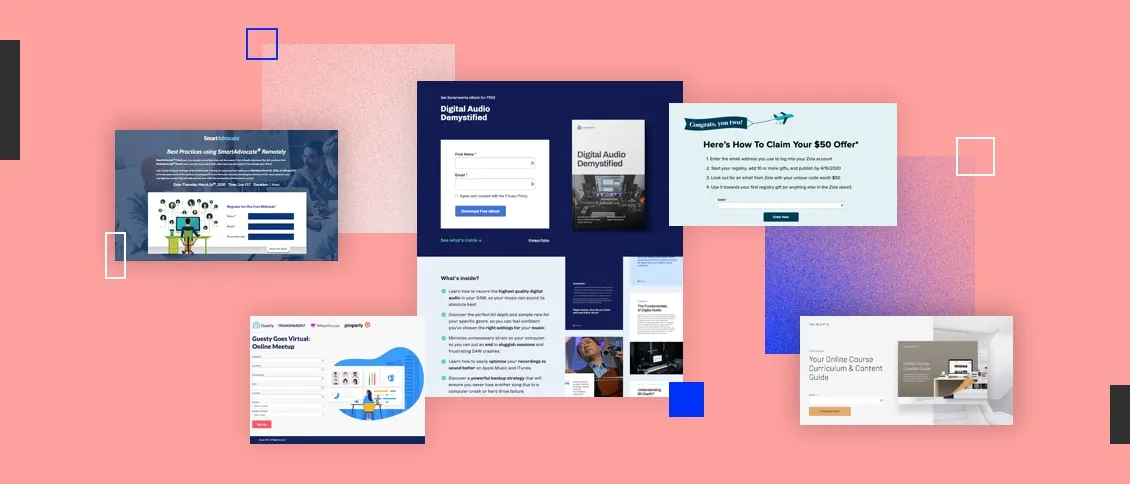
Identify the Needs of Your Target Audience
Start by understanding what appeals to your potential customers. Are they looking for industry insights, how-to guides, or tools? This aligns with the concept of sales and marketing teams working together to pinpoint customer needs.
Create Valuable and Relevant Content
Whether it's an informative white paper, a free consultation, or an educational course, ensure your lead magnet provides real value. This is where content marketing plays a pivotal role.
Make It Accessible and Easy to Use
The best lead magnets are those that the audience can use with ease. If it’s a tool or software, like a lead generation form or email marketing software, make sure it's user-friendly and beneficial.
Utilize a Strong Call-to-Action (CTA)
Your CTA should clearly state the benefits of the lead magnet. Phrases like Download our free guide to doubling your leads can be effective.
Optimize for SEO and Social Sharing
Use search engine optimization techniques to increase the visibility of your lead magnet. Also, encourage sharing on social media platforms to enhance its reach.
Examples of Successful Lead Magnets
Ebooks and Guides
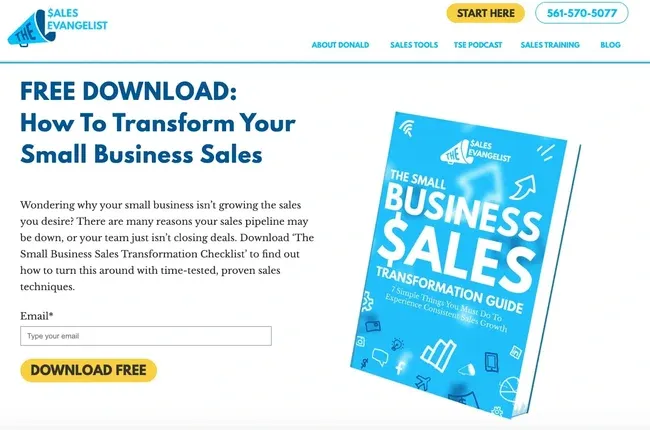
An advertising agency specializing in digital marketing might offer an eBook titled 10 Innovative Digital Marketing Strategies for 2024. This not only positions the agency as a thought leader but also addresses the digital marketing leads need.
Free Trials or Demos
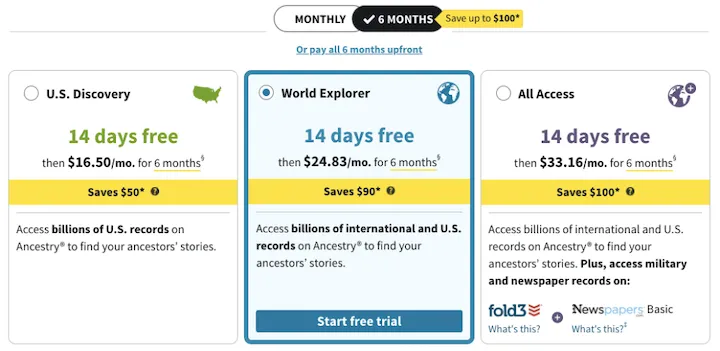
For lead generation software, offering a free trial lets potential clients experience the service firsthand. This approach is particularly effective in the B2B space, where 'b2b lead generation' is critical.
Webinars and Workshops

Hosting a webinar on lead generation tactics or lead generation strategies can draw in individuals interested in enhancing their marketing skills, thus generating leads.
Checklists and Templates
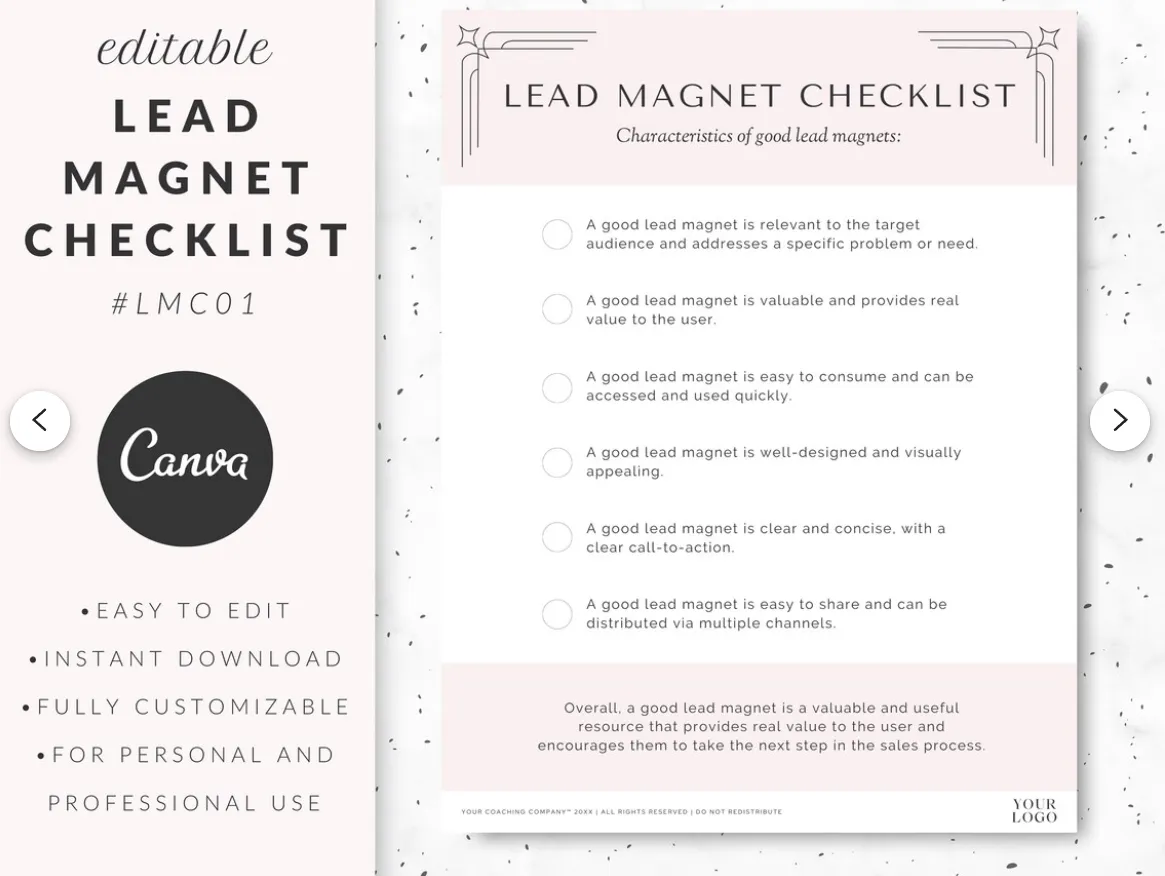
Simple yet practical tools like social media planning templates or SEO checklists can be excellent lead magnets for those involved in agency lead generation or lead generation marketing.
Best Practices to Nurture and Convert Leads for Advertising Agency
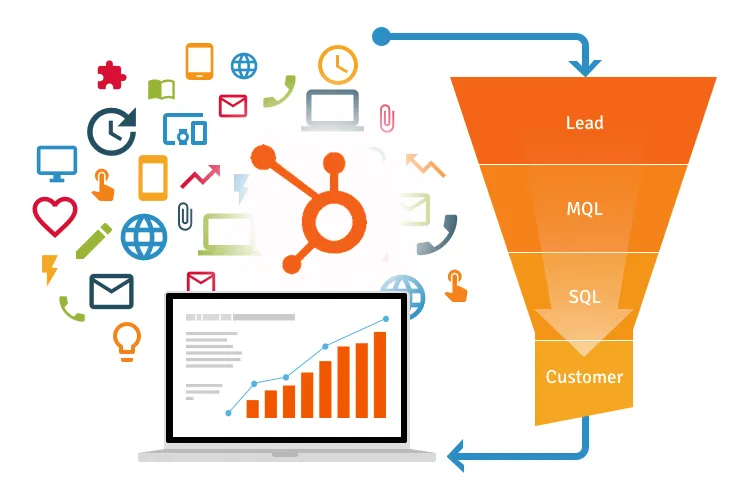
1. Understand the Client Journey
For successful lead nurturing, it's crucial to know each step a potential client takes, from learning about your agency to deciding to hire you. Recognize these stages to create targeted approaches that address specific needs at each point.
2. Personalized Email Marketing
Effective email campaigns are vital. Tailor your emails to address the unique interests and requirements of your leads. For example, an email series explaining the advantages of your services, backed by case studies, can effectively persuade potential clients.
3. Implement Retargeting Campaigns
Use retargeting to reconnect with leads who showed interest but didn't commit. This could involve ads reminding them of your services or emails offering more information or special deals.
4. Create Educational Content
Develop blog posts, infographics, or webinars about your lead generation company process or digital marketing trends. This positions your agency as knowledgeable and keeps your audience engaged with relevant information.
5. Engage on Social Media
Use social media to build a community around your brand. Regular posts and interactions can keep your lead generation company at the forefront of potential clients' minds.
6. Utilize CRM and Lead Generation Tools
Tools like Salesforce or HubSpot are essential for tracking interactions and understanding lead behaviors. They can help deliver personalized content and improve your lead nurturing strategy.
7. Measure and Analyze Performance
Constantly assess how well your lead nurturing strategies are working. Look at conversion rates and the effectiveness of different communication channels to refine your approach.
Build and Train a Sales Team for Effective Lead Generation Efforts
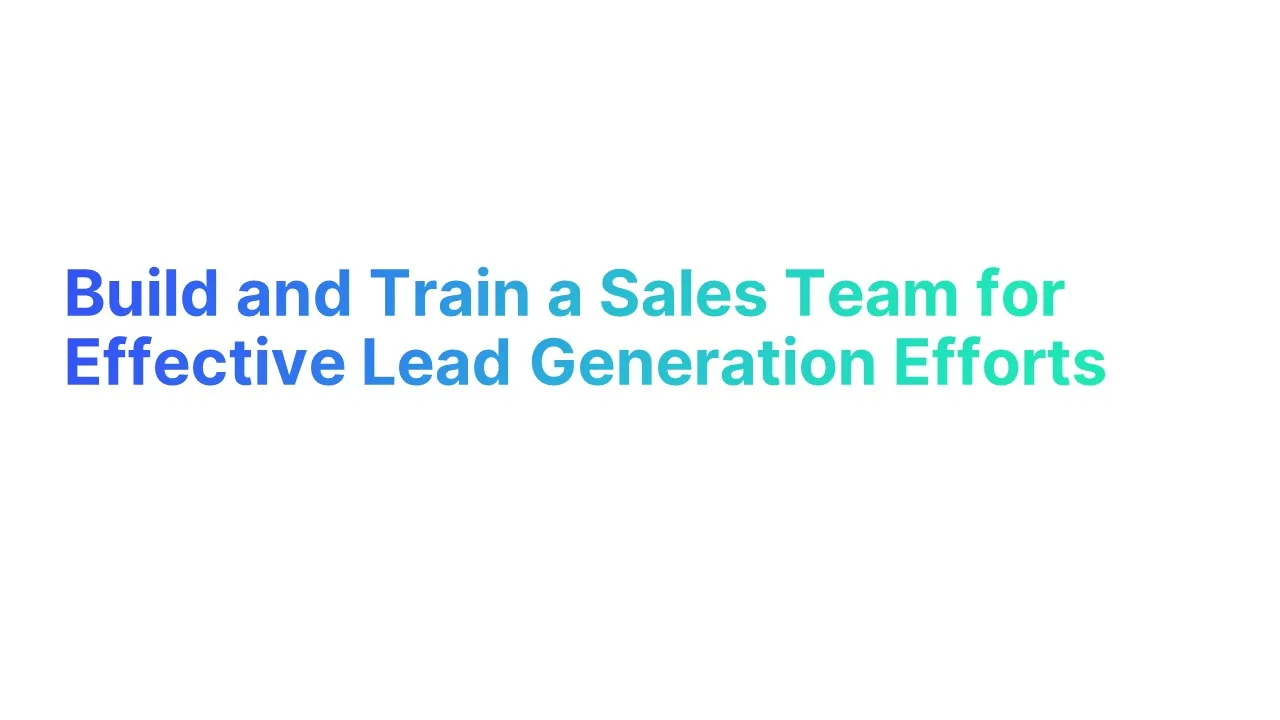
Building and training a robust sales team is fundamental for advertising agencies looking to enhance their lead generation efforts.
The process involves not just assembling a team, but also equipping them with the right skills and strategies for lead generation, particularly in a competitive market like b2b lead generation.
Recruitment and Initial Training
Assembling the Right Team
Start by hiring individuals with a mix of skills in digital marketing, lead generation, and client management. Focus on creating a diverse team that can handle different aspects like lead generation campaign strategies, and lead generation agency operations.
Training on Lead Generation Tools
Introduce your team to essential lead generation software and tools. Understanding and effectively using these tools can significantly boost their lead generation efforts.
Ongoing Development and Strategy Implementation
Continuous Skill Enhancement
The field of digital marketing and lead generation is always evolving. Regular training sessions on the latest digital marketing strategies and lead generation techniques are essential.
Implementing Sales and Marketing Alignment
Ensure that your sales team works closely with the marketing team. This collaboration is vital for understanding the target audience and creating cohesive strategies, especially in areas like digital marketing leads and lead generation strategies.
Performance Analysis and Feedback
Regularly review your team's performance in terms of lead generation and conversion rates. Use this data to provide targeted coaching, focusing on areas like convert leads and generating qualified leads.
Utilizing Technology and Tools
CRM and Automation Tools
Train your team on CRM tools and marketing automation platforms. These are crucial in managing leads and nurturing potential clients through the sales funnel.
Data-Driven Approaches
Encourage a data-driven culture. Use analytics to refine lead generation processes, tailoring strategies to meet the specific needs of different segments in your target audience.
Lead Generation Trends for Advertising Agencies
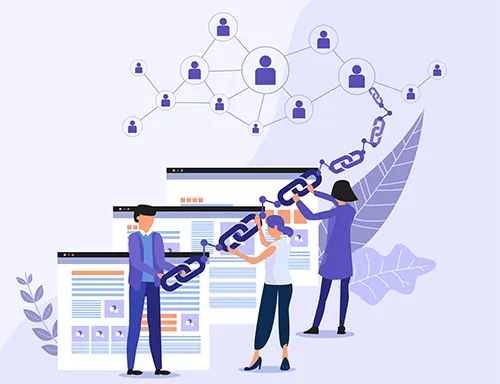
Advertising agencies are rapidly adapting to new lead generation trends, primarily driven by digital advancements. Here are some notable current trends:
Increased Focus on Digital Channels
With more businesses moving online, digital channels are now at the forefront of lead generation. This includes leveraging social media marketing, which has become a key platform for connecting with potential customers.
Personalization and Targeted Content
Personalized marketing efforts are becoming more important. Agencies are now focusing on creating content that resonates with their specific target audience, ensuring that their messaging hits the mark.
Use of Advanced Analytics
The use of data analytics tools to understand customer behavior and preferences is gaining traction. This helps in creating more effective lead generation campaigns by targeting the right audience with the right message.
Integration of AI and Automation
Artificial Intelligence (AI) and automation tools are being increasingly used for lead generation. These tools can help identify qualified leads, automate repetitive tasks, and nurture leads through personalized communication.
Video Marketing
Video content continues to be a powerful tool in attracting and engaging potential leads. It's an effective medium to convey complex information in an easy-to-digest format.
Future Trends in Lead Generation

Looking ahead, the landscape of lead generation for advertising agencies is set to evolve further. Here are some anticipated trends:
Voice Search Optimization
As voice search becomes more popular, optimizing content for voice search will be crucial. This involves focusing on natural language and question-based queries.
Interactive Content
Interactive content like quizzes, polls, and interactive videos will play a larger role in lead generation. This type of content can significantly increase engagement and lead capture rates.
Incorporating VR and AR
Virtual Reality (VR) and Augmented Reality (AR) are set to transform the advertising world. These technologies can offer immersive experiences, making them powerful tools for capturing the attention of potential leads.
Focus on Customer Experience
Improving customer experience will be key. This includes all stages of the customer journey, from the first interaction to post-purchase support.
Sustainability and Ethical Marketing
As consumers become more environmentally conscious, they expect the same from brands. Sustainable practices and ethical marketing will become important factors in lead generation strategies.
Summary of Lead Generation Strategies and Campaigns
Effective Strategies for Lead Generation
Advertising agencies need to focus on these practical strategies for generating leads:
Utilizing Digital and Social Media: Leveraging social media platforms is essential. It's about targeting the right audience and engaging them with your content.
Content Marketing: Create and share useful content. This could be anything from informative blog posts to engaging videos, aimed at drawing in potential clients.
SEO Optimization: Make sure your online content is search engine friendly. It helps potential clients find your services more easily.
Email Marketing: Sending personalized emails to your target audience can drive significant engagement and lead conversion.
Pay-Per-Click (PPC) Advertising: Use PPC campaigns to reach your target audience quickly. It's an effective way to get immediate visibility.
Encouraging Action and Ongoing Improvement
Clear Call-to-Action: Every marketing material should have a clear CTA, guiding potential clients on what to do next, like signing up or contacting your agency.
Stay Up-to-Date: The digital marketing world is always changing. Keep up with new trends and adjust your strategies accordingly.
Analyze Data: Regularly review your campaign data. This helps in understanding what's working and what needs improvement.
Team Training: Continuously train your team in the latest lead generation strategies, especially in specific areas like b2b lead generation.
Focus on Relationships: It's not just about getting leads. Develop ongoing relationships with potential clients to build trust and loyalty.
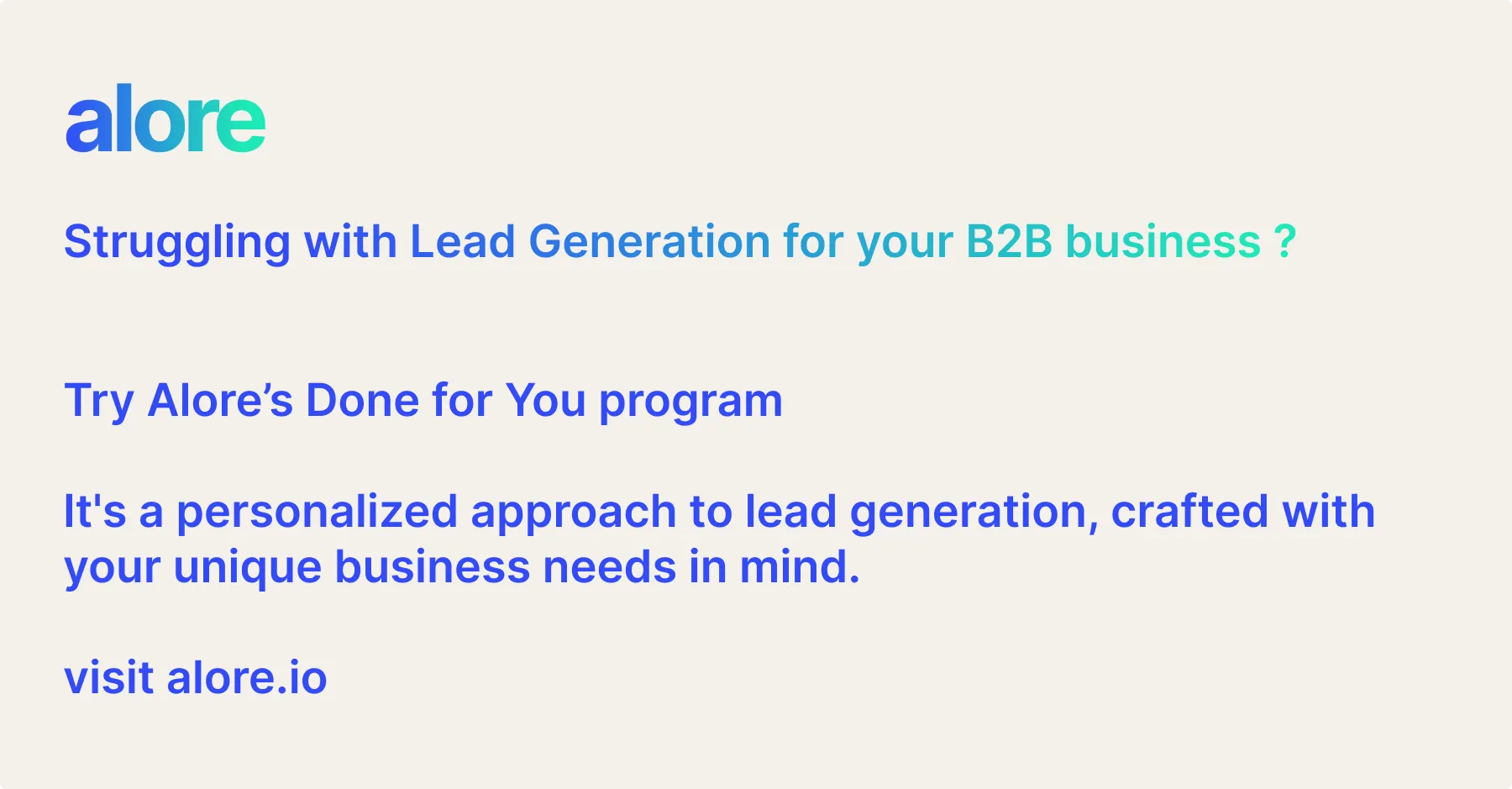





.jpg)



